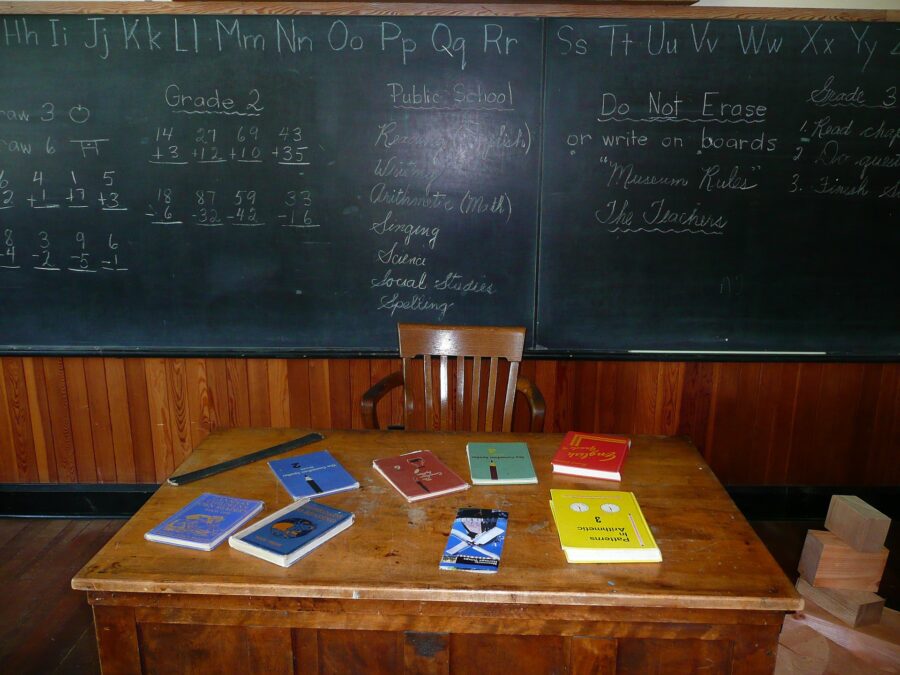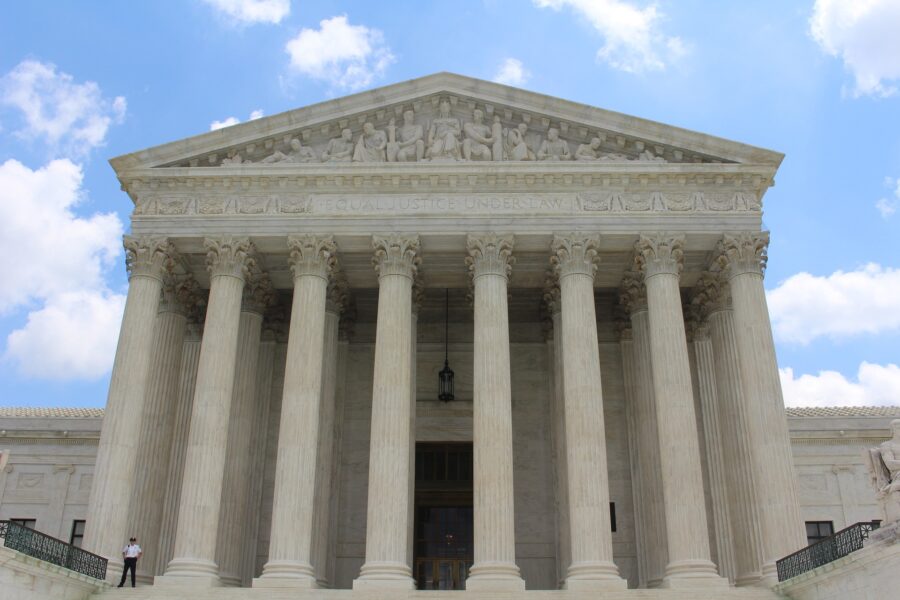Teachers Can No Longer Punish Kids For Things They Say Outside School
The Supreme Court handed down a major decision regarding teachers and their ability to punish students for of-campus behavior
This article is more than 2 years old

Teachers who were thinking about disciplining students for the latter’s behavior outside of the classroom and off of school grounds better think twice now. The Supreme Court handed down a decision on Wednesday that has far-reaching implications for how schools can now address students’ actions. In a unanimous 8-1 vote, they ruled that students’ actions off of school grounds couldn’t be punishable, marking a significant ruling when it comes to free speech laws for America’s teenagers.
The ruling by the Supreme Court limiting the ability of teachers to punish students for off-campus actions stems from the case of Brandy Levy, a now 17-year-old from Mahanoy City, Pennsylvania. Back in 2017, the high school freshman posted a video on Snapchat that was a profanity-laced takedown of the school stemming from her not being awarded a varsity cheerleading spot. She was clearly unhappy with the decision and took to social media to vent her frustration.
But when teachers got wind of what she had posted Levy was suspended from her spot on the junior varsity cheerleading squad, citing her actions as being detrimental to the team and school. This prompted a lawsuit by Levy against the school district, saying that because the video was taken off of school grounds, the school had no right to punish her for her actions.
The case was argued all the way up to the Supreme Court who handed down the ruling saying that the constitutional right to free speech extends well beyond the school grounds. Teachers can’t punish students for voicing opinions like this, even if considered profane in nature simply because it calls the schools into question. In her Snapchat, Levy wasn’t being harmful in any way. Did the school like the message? Of course not, but they also didn’t have the right to punish her for it considering it was done off of school property.
At the heart of the case for the Supreme Court was the issue of where to draw the line when it came to teachers punishing students for off-campus behavior. If they were to side with the school district here, it would have had massive implications on further free speech issues down the line. If schools could essentially monitor nearly everything a student did and punish them for it, the slope would get very slippery, very fast.

Teachers’ ability to punish students, according to the Supreme Court, comes only when the latter’s actions are deemed disruptive to the operations of the school. In this case, profanity and the venting of an opinion, even if unpopular, isn’t harming the school nor is it making it more difficult for the school to operate. Did they like the message? No. But that is beside the point. The Supreme Court ruled that the teachers had no right to suspend Levy from the cheerleading team just because she cursed about them on social media.
This case will likely be cited for years to come when there are disciplinary issues concerning teachers and students for off-campus behavior. Unless the actions by the students are considered directly harmful to the school itself, free speech laws are in place to protect those who want to voice an opinion.











